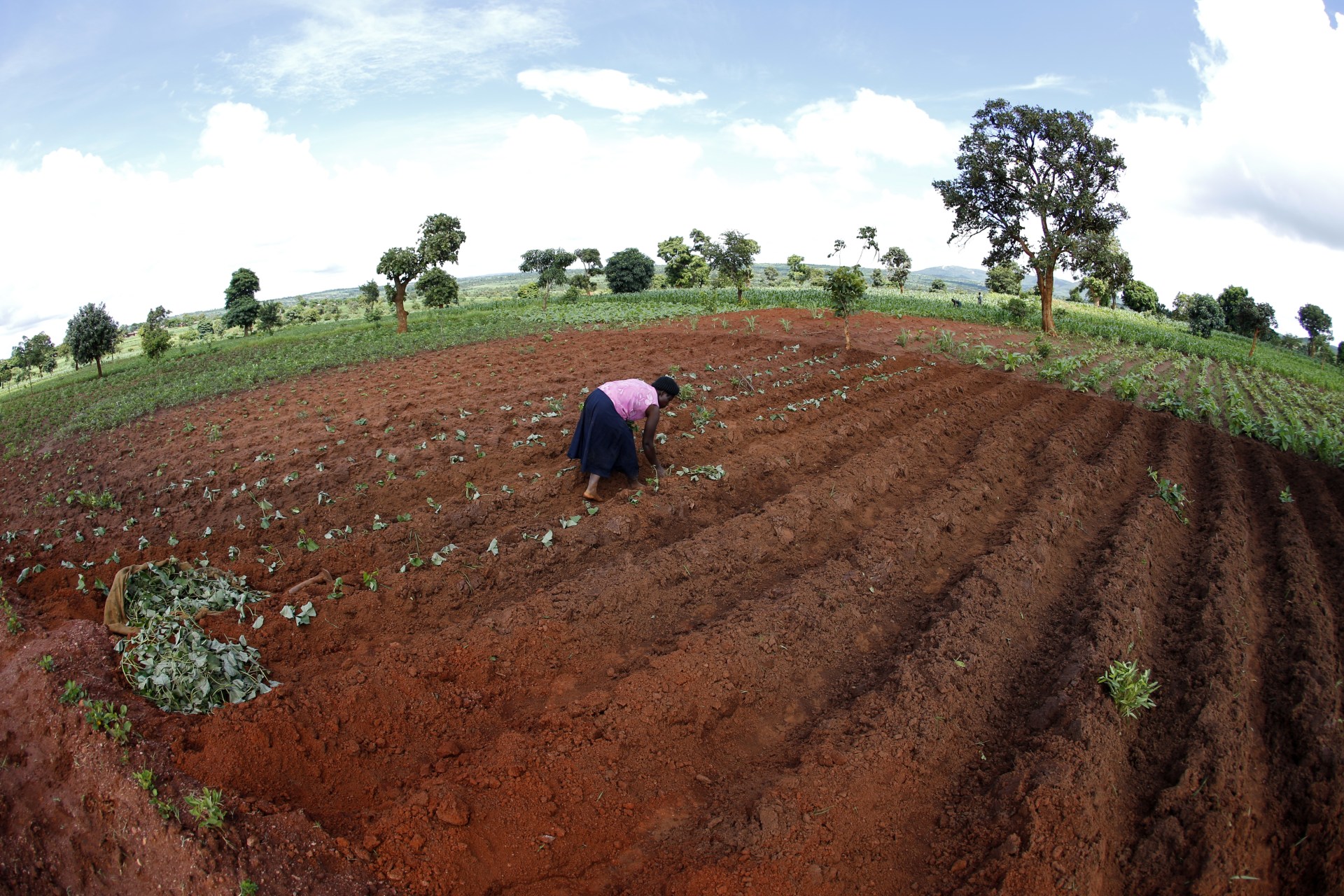Averting a COVID-19 Disaster in Malawi and Building Back Better

By experts and staff
- Published
By
- Guest Blogger for John Campbell
Steve Schmida is the chief innovation officer of Resonance, a global development and corporate sustainability consulting firm, and author of Partner with Purpose. Emily Clayton is a senior manager for sustainability at Resonance.
The UN is sounding the alarm on a looming disaster in Malawi brought on by the global coronavirus pandemic. Last week, Maria Jose Torres, the UN resident coordinator in Malawi, warned, “Even a fairly low number of cases could overwhelm the health system, cause food shortages, and reverse the progress the country has seen in recent years.” Malawi will need to focus on weathering the current storm with the help of international donors, but it should not return to the fragile status quo afterwards.
One of the poorest countries in the world, Malawi is vulnerable to the COVID-19 pandemic on a number of fronts. It has a high population density and many of its citizens have underlying health conditions, which will likely increase rates of transmission and lethality. Its health system is weak and faces critical shortages of frontline health workers and personal protective gear.
Worse still, the pandemic is poised to exacerbate Malawi’s already severe food security challenges. About 80 percent of the country’s population is engaged in subsistence farming, and the changing climate is making growing seasons less predictable. Severe flooding last year caused by Cyclone Idai wiped out crops and left 90,000 homeless, while decades of deforestation have degraded the soil and worsened droughts. Adding to the challenges, the country’s economy is heavily dependent upon a single cash crop—raw tobacco—which makes up nearly 71 percent of agricultural export earnings. A majority of tobacco growers are smallholder farmers who also face food insecurity, most commonly the result of drought. As tobacco use declines globally—a trend that the COVID-19 pandemic may well accelerate—Malawi faces the loss of a critical source of export earnings.
To manage the immediate impact of COVID-19 amid the already fragile state of affairs, Malawi will need significant international assistance. While the World Bank has already pledged $37 million to support the COVID-19 response, more will be needed to ensure that the pandemic does not lead to a food security crisis.
COVID-19 will not be the last disaster to come to Malawi, so the country should endeavor to build back better, rather than revert to the status quo ante. The agriculture sector that underpins the economy should be the starting point for this effort. First and foremost, the country needs to move away from tobacco as its primary cash crop. Promising alternatives include paprika, chili, groundnuts, and soybean. This transition can build on the robust tobacco supply chain that already exists, utilizing its agricultural extension services and access to market for other commodities. Much needed agriculture diversification will help increase farmer incomes and improve nutritional outcomes as well as help Malawi become more resilient to external shocks.
Such a transition will not be easy and it is not something Malawi can tackle on its own. International donors as well as agricultural companies and investors must partner with the Malawian government to promote a systems-level change across the farming sector to improve the policy and regulatory environment, increase access to finance, and assist farmers in the transition from tobacco contract farming to high value horticulture and other crops. In responding to the COVID-19 pandemic, donors and Malawi’s leaders should look to the future. By building a more robust agricultural system post-COVID-19, Malawi can grow its economy and be better prepared for future crises.